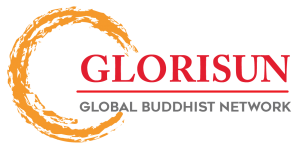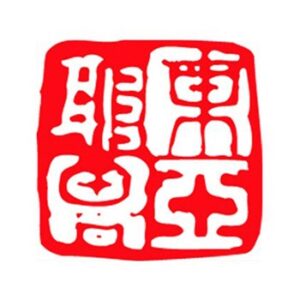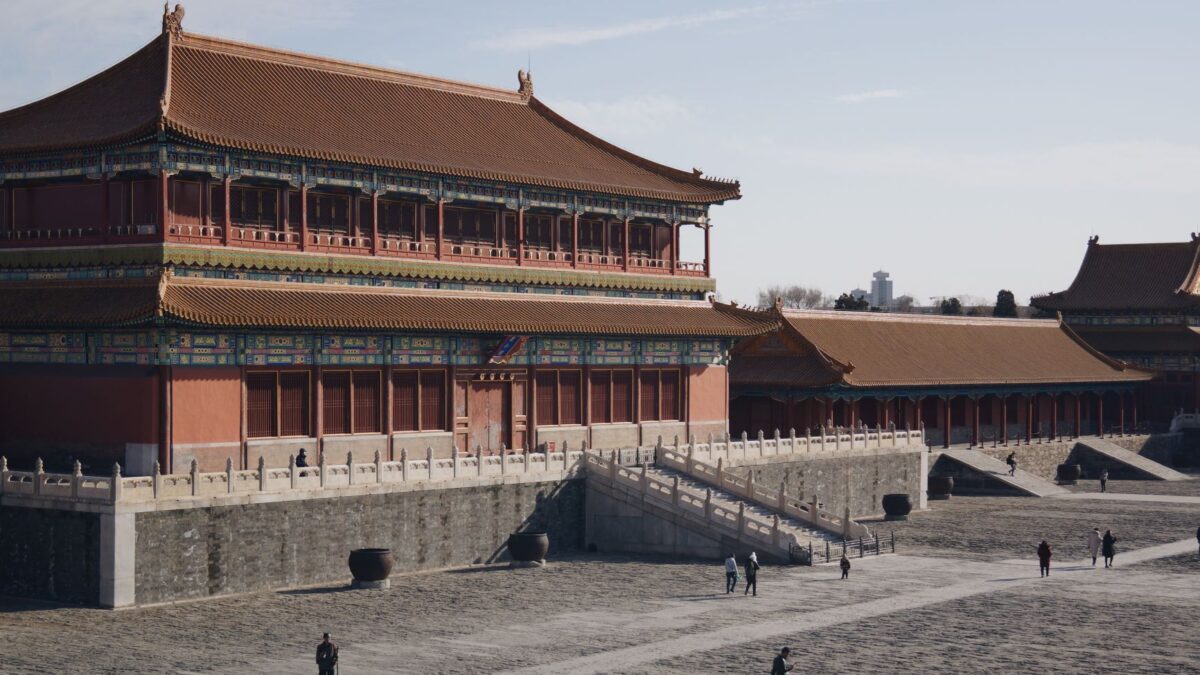Yale University
June 22nd – June 25th, 2023
Yale University Art Gallery and Luce Hall
By general agreement among American and European scholars, China’s ancient history ended in 220 CE with the passing of the first long-lived dynasty, the Han; similarly, scholars agree that modern China begins in 1600 as the Ming dynasty weakened and the Qing dynasty of the Manchus was taking shape. But does it make sense for scholars to treat the centuries between 220 and 1600 as a single period? Did people living across this time span experience life in the same way? Is it meaningful to think of a single traditional China?
One prevailing paradigm, first proposed a century ago by the Japanese scholar Naitō Torajirō, holds that between the Tang and Song dynasties China underwent a major transformation, passing from the medieval to the early modern period, with changes so great that some have termed them a commercial revolution. At the time, two major dynasties reigned: the Tang from 618 to 910, and the Song from 960 to 1276, when the Mongols invaded and established their own dynasty for nearly a century. China’s greatest poets, thinkers, and scientists produced their life works in these centuries. Buddhist monks succeeded in winning extensive support from commoner and emperor alike, while Confucian and Daoist thinkers also made important breakthroughs that shaped the respective histories of their religions.
But recent research shows that the paradigm is not as convincing as once thought. Few scholars address long-term change; almost all research focuses on a much shorter span of time.
For all its importance, this period receives little attention at the Asian Studies meetings in America and Europe – often just a few panels – while China offers dynasty-specific conferences but nothing devoted to the entire timespace. For this reason American, Chinese, European, and Japanese scholars held the first gathering of Middle Period scholars in 2014 at Harvard and the second in 2017 at Leiden, where everyone agreed that the meeting was so fruitful that it should continue.
The third meeting of this conference, to be held at Yale on June 22-25, 2023, will provide an opportunity for scholars of Middle Period China to gather in New Haven and exchange views. This conference offers participants a chance to think about the most meaningful ways to divide up this giant expanse of time. We welcome revised seminar papers by PhD candidates and understand that they may not address the questions of periodization directly, but we hope that more established scholars will take advantage of the chance to meet scholars working on various dynasties and in different disciplines to think hard about these definitions of our field and how they affect the ways we pose questions.
The Program Committee
Luke BENDER, Yale University
DENG Xiaonan, Peking University
Eric GREENE, Yale University
Valerie HANSEN, Yale University
HSU Ya-hwei, National Taiwan University
LI Yiwen, City University of Hong Kong
Richard SOSA, Yale University
WANG Jinping, National University of Singapore
Call for Papers
Following the success of the first gathering of Middle Period scholars in 2014 at Harvard and the second in 2017 at Leiden, we are very pleased to announce that Yale will host the third meeting on June 22-25, 2023.
We welcome papers from all disciplines in humanities (specifically history, literature, history of art, and religious studies) that deal with China between 220-1600. Because the theme of the conference is “Stuck in the Middle” we encourage papers that cover more than a single dynasty and reexamine periodization more broadly.
Papers can be in English or Chinese (all papers should have abstracts in both English and Chinese). The target length is 10,000 words or less for English, 6000 characters or less for Chinese; we urge participants to present work in progress that will spark debate. The two working languages of the conference will be English and Chinese, and we encourage participants to speak whichever language they prefer. We will not translate everything but interpreters will be present to summarize the discussion when necessary.
If you would like to submit a group of papers together (as a panel), please do so, but, depending on the number of participants, we may have to combine some panels or even break them up.
The deadline for all paper proposals is December 1, 2022. The requirements for PhD students and PhD holders are different. (We will not accept proposals from MA students or MA degree holders who are not candidates for the PhD.)
1. PhD students should answer a brief questionnaire about the paper you would like to present; the advisors of PhD students must submit a brief form as well. They will also need to submit full versions of their papers by March 15, 2023 if they wish to be considered for funding. Reminder: the target length for everyone is 10,000 words/6000 characters.
2. PhD holders should complete this registration form and provide abstracts of no more than 500 words/300 characters. Ideally you will cover the questions we have asked the PhD students to address directly (What are your main sources? What are the most important studies on your topic? What is your original contribution to the field of Middle Period Chinese studies?).
The deadline for final submissions of papers is March 15, 2023 if you are seeking funding. If you are not, the deadline for paper submissions is May 15, 2023. (We will not provide funding to anyone who misses the March 15 deadline.)
Please indicate on the registration form whether you are requesting funding. Everyone is eligible for funding, but we will give preference to PhD students. Because our funding is limited, we expect that the maximum travel award will be $1000.
We will notify everyone about the acceptance of their papers and travel grants by mid-February to give time to make their travel arrangements and to request internal funding at their institutions. We suggest making [hotel reservations] now. If you are on a tight budget, consider reserving lodging through Airbnb.
We may have room for scholars who do not want to present papers to attend. Please write and let us know of your interest, and we’ll let you know by May 15, 2023 if there is room for you to attend.
[You might wish to add a day or two in New York City before or after the conference at your own expense; we have arranged for a special discounted rate at the Omni Berkshire Hotel]. For instructions for how to travel to New Haven from JFK Airport or New York City, please click here.
If you have any questions, please write to third_china_humanities_conference@yale.edu (link sends e-mail).
Sponsored by the Council on East Asian Studies, the Glorisun Global Network for Buddhist Studies, and the Edward J. and Dorothy Clarke Kempf Fund.



